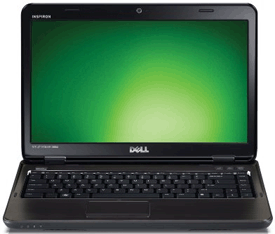 When most people buy a new PC they take it home, open up the box, connect it to a power outlet and the Internet and get right to work putting it through its paces. And it’s easy to understand why. After all, who among us doesn’t enjoy playing with a new “toy”?
When most people buy a new PC they take it home, open up the box, connect it to a power outlet and the Internet and get right to work putting it through its paces. And it’s easy to understand why. After all, who among us doesn’t enjoy playing with a new “toy”?
But in today’s world we need to be vigilant against hackers, viruses and spyware above all else! With that in mind, here is my list of things that should be done to every new computer before you even think about using it for anything meaningful:
1 – Install, activate and update a high quality antivirus/malware program. Most new PCs come with trial versions of Norton, McAfee or another major antivirus suite pre-installed. These are fine should you choose to use them, but there are a number of excellent free alternatives that you might consider such as AVG Antivirus, Avast!, Comodo or Microsoft Security Essentials. If you do choose to install another antivirus app instead of the free trial version that came with your PC, do not activate that one, just the one you plan to use.
2 – Remove software from the hard drive that you know you will never use. This includes both trial versions and full versions. There’s no need to bog down your PC with software that will do little else than consume CPU cycles and take up valuable space on your hard drive. You can remove these programs manually or use the amazing free app known as Decrapifier.
3 – Prevent as many programs as possible from starting up automatically every time the system boots up. Rick’s rule of thumb: If I don’t use it EVERY time I turn on my computer, it gets launched manually when I need it. Nothing short of viruses and spyware slows down a PC more than a bunch of unused programs running in the background. To change which programs are allowed to start up automatically, type MSCONFIG into either the “Run” or “Search” box, then click the Startup tab once the System Configuration utility pops up.
4 – Create a System Repair Disc and Backup Image. Click here for step-by-step instructions for doing this in Windows 7. These days most PCs are shipped without Restore CDs so if you don’t create a System Repair Disc and backup your Windows installation you’ll be in a heap of trouble if your system crashes and you need to restore everything.
Conclusion
While it’s tempting to want to jump right in and use your new computer as soon as you plug it in, taking these precautions first is virtually guaranteed to save you tons of grief somewhere down the line!